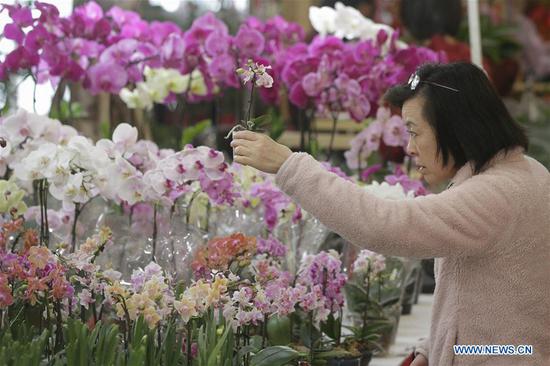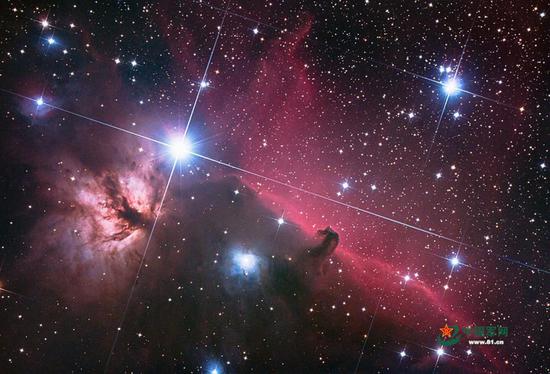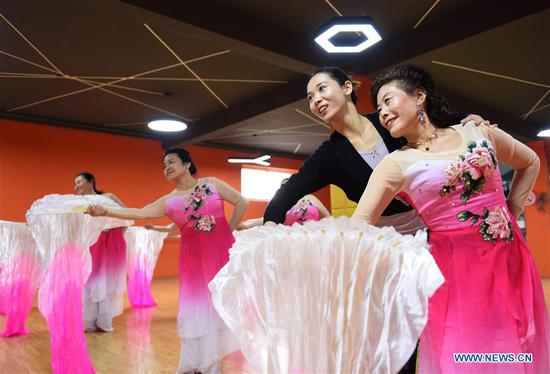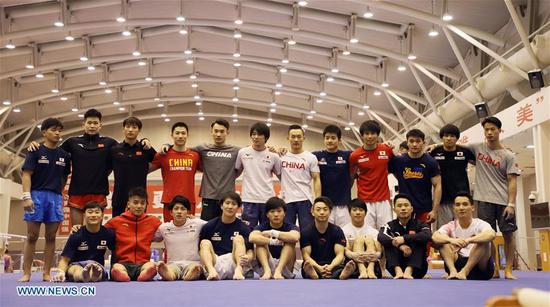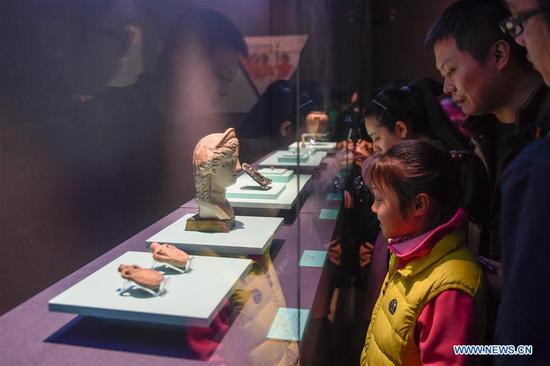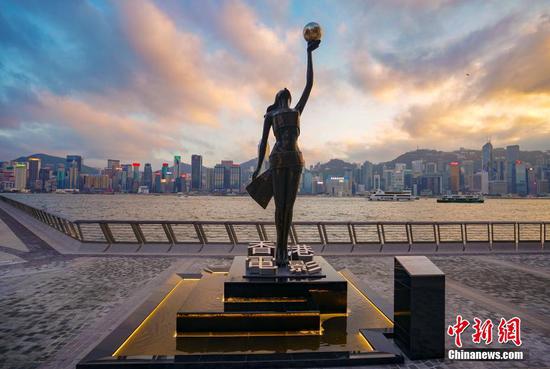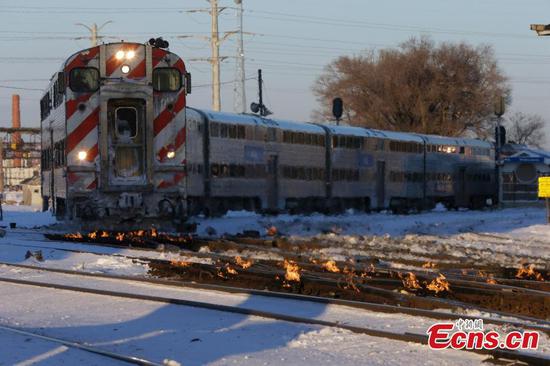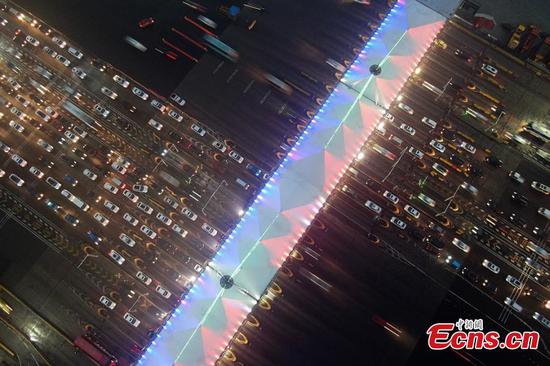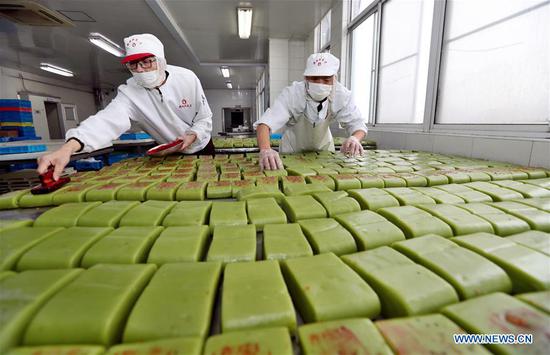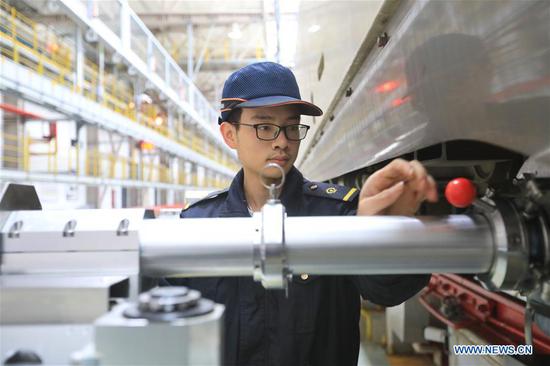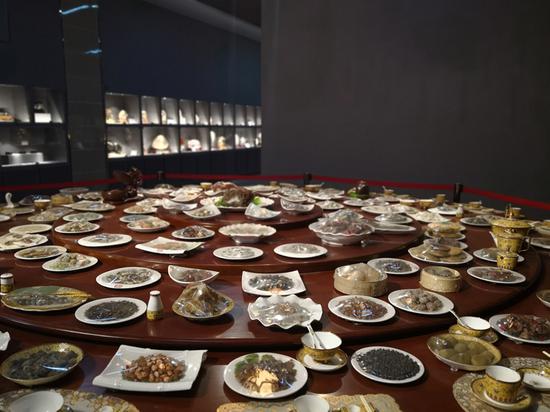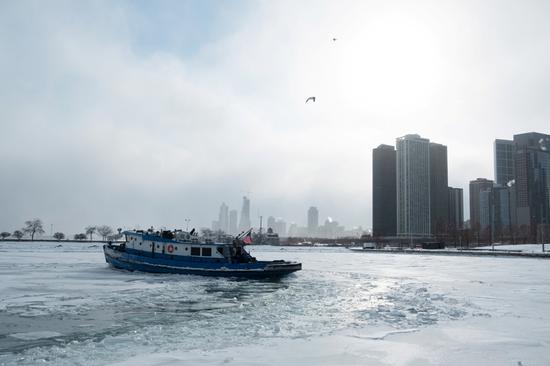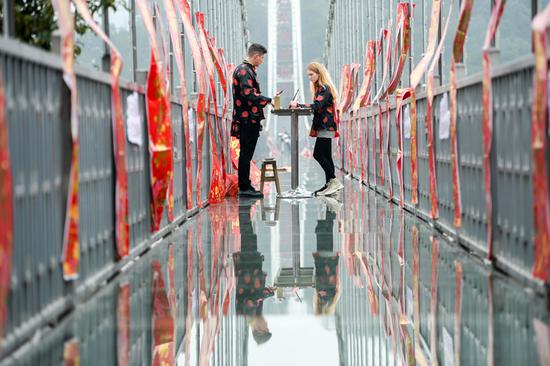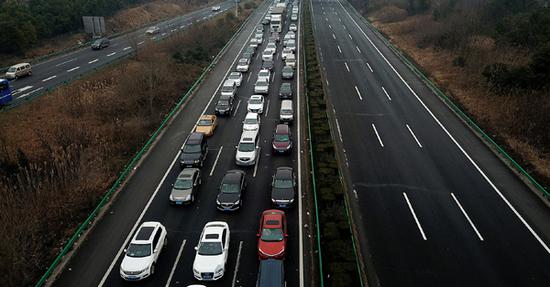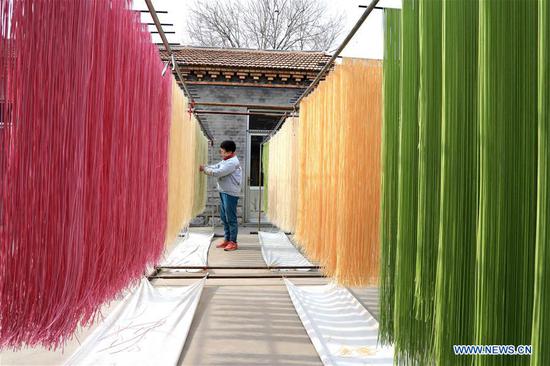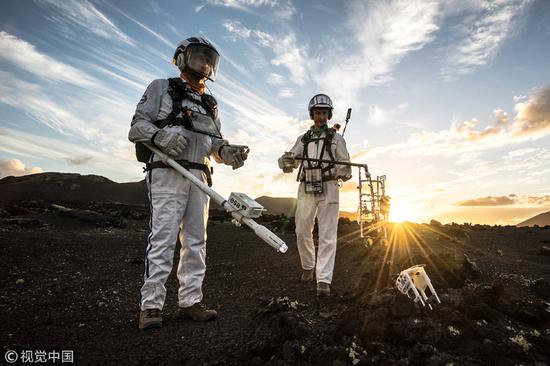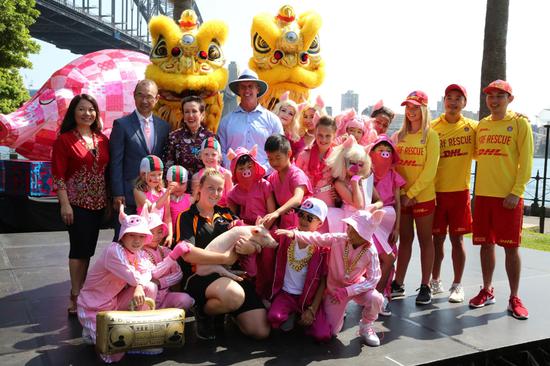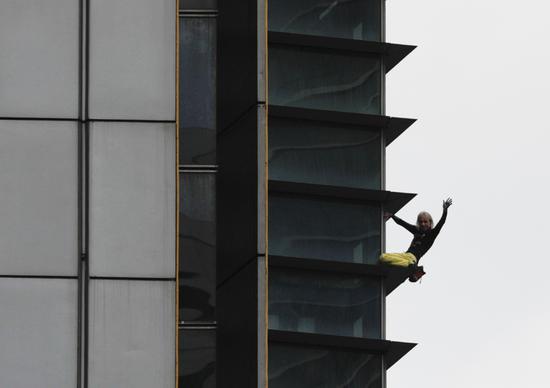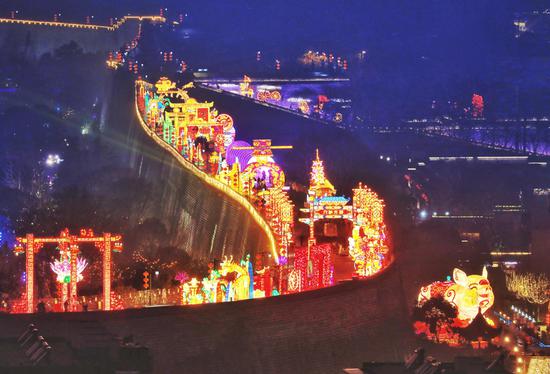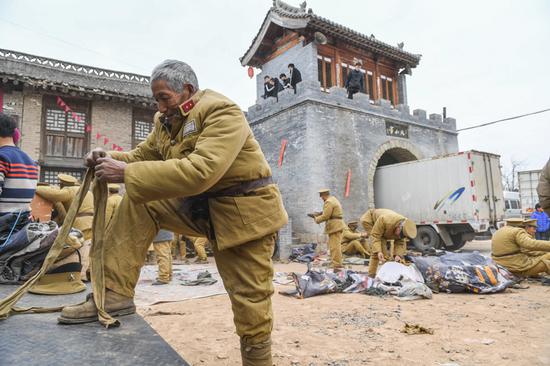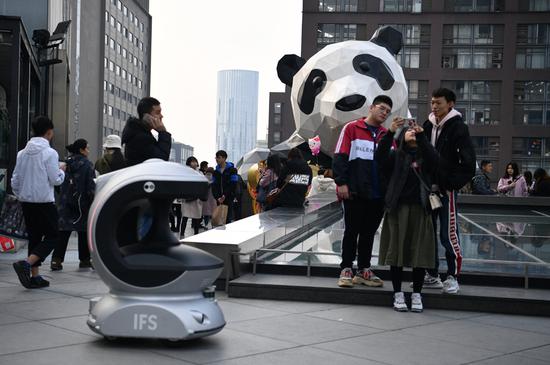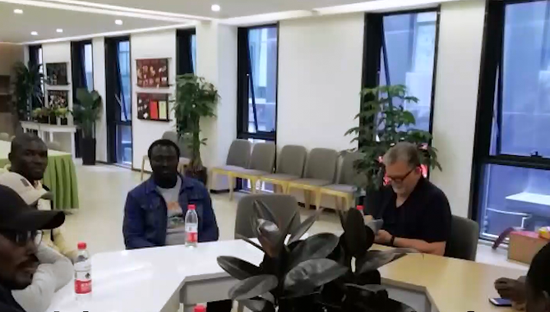
An aerial view of the Xiongan New Area. (Photo/Xinhua)
New measures will help cut pollution as new area south of Beijing takes shape
Starting on Friday, strict control of dust from construction sites will be enforced in Xiongan New Area, Beijing's new extension in Hebei province, through monitoring and warnings designed to remove the worst violators.
The measures, released by officials of the area on Wednesday, will cover dust emissions at construction sites and the transport and treatment of debris. The measures also list the responsibilities of the government, construction companies and hauling companies.
Those discharging excessive dust or failing to reduce emissions as required will be named, and severe repeat violations will lead to companies being expelled from Xiongan, according to the interim measures, which will be in effect for two years.
All construction sites, including houses and infrastructure, and construction for traffic and hydraulic engineering projects, are subject to strict monitoring.
"The dust generated from construction sites in cities has become a major source of pollutants, such as PM10 and PM2.5, in recent years, and its contribution to pollution is high, making effective control an urgent need," Chai Fahe, a senior researcher at the Chinese Research Academy of Environmental Sciences, said on Thursday.
The academy released an analysis listing the major sources of PM2.5-particles smaller than 2.5 microns that can be hazardous to health-in Baoding, Hebei, in 2016. It found that 17.2 percent of airborne particulate matter was generated by construction, behind coal burning, vehicle exhaust and pollutants drifting in from nearby regions.
The analysis highlighted the importance of reducing dust from construction sites, Chai said, adding that such controls could effectively reduce pollution, as has been seen in many cities in recent years.
China announced the establishment of Xiongan New Area in April 2017.
Beijing also found that construction dust was the second-largest source of PM2.5, after vehicle exhaust, according to an analysis from the Beijing municipal government on May 14.
Xiongan and Hebei province have undertaken efforts to reduce air pollution since 2013, and those have made a difference in air quality. The province had 208 days with good air quality in 2018, "the best air quality in the past six years", said Gao Jianmin, head of the provincial environmental protection bureau, in early January.
Hebei plans to cut the average level of PM2.5 by 5 percent this year, the province's governor Xu Qin said two weeks ago.














